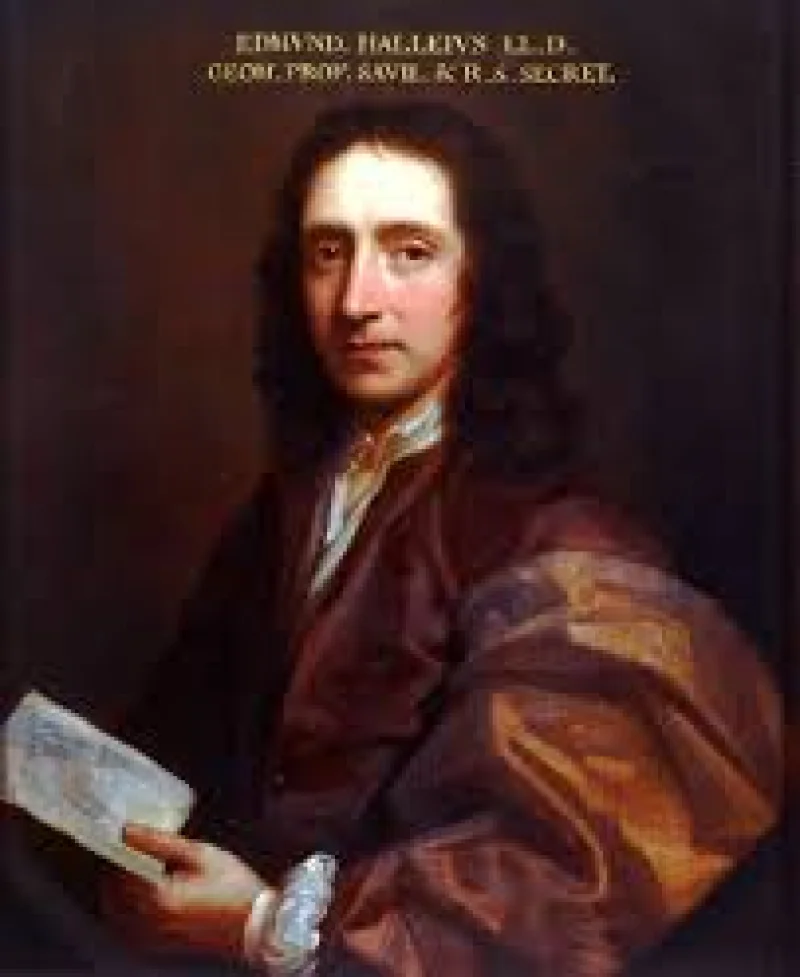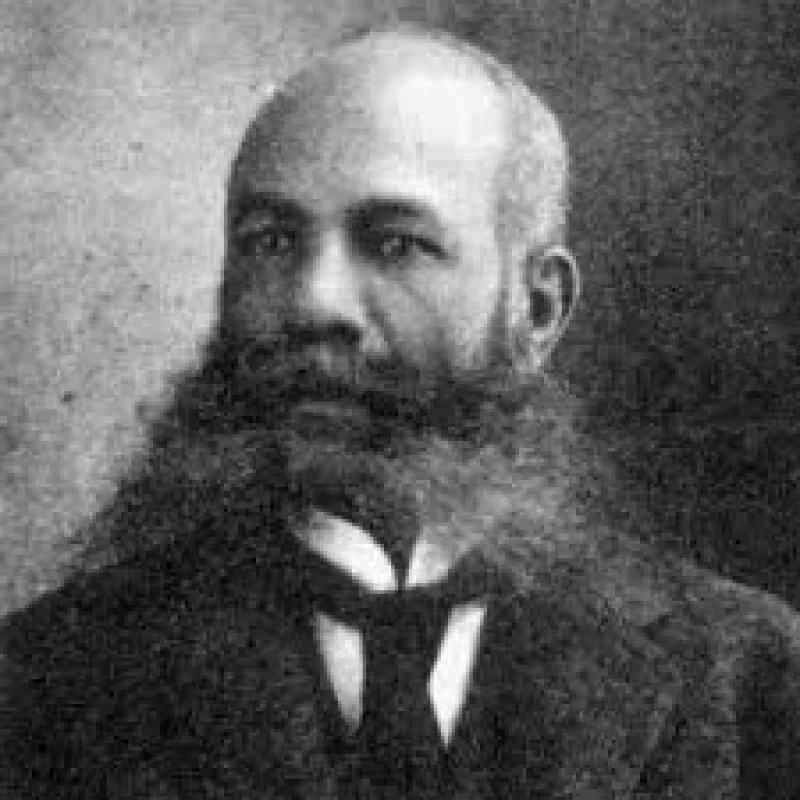Short Summary
Justus von Liebig was a pioneering German chemist whose work in organic chemistry and agriculture profoundly influenced the scientific world. He is renowned for his development of chemical fertilizers and his role in founding the field of agricultural chemistry. Liebig's innovative methods and theories laid the groundwork for modern chemistry and significantly advanced agricultural productivity. His contributions to the scientific community are celebrated for their enduring impact on agriculture and chemistry education.
Early Life & Education
Justus von Liebig was born on May 12, 1803, in Darmstadt, Germany, into a family engaged in the trade of chemicals and dyes. Showing an early interest in science, he was encouraged by his father to pursue chemistry. Liebig's formal education began at the University of Bonn, where he studied under Karl Wilhelm Gottlob Kastner. He continued his education at the University of Erlangen and later at the University of Paris, where he was influenced by eminent chemists such as Joseph Louis Gay-Lussac. These formative years were crucial in shaping his scientific curiosity and methodological rigor.
Career Highlights
Justus von Liebig's career was marked by his appointment as a professor at the University of Giessen in 1824, where he established one of the first modern chemical laboratories. His pioneering research included the development of the theory of metabolism and the introduction of the chemical fertilizer, revolutionizing agricultural practices. Liebig's work on organic compounds, particularly his method of organic analysis, became foundational in the field of organic chemistry. His innovative teaching methods and establishment of research laboratories also contributed significantly to the professionalization of chemistry.
Major Achievements
- Developed the first chemical fertilizers, enhancing agricultural productivity through scientific methods.
- Established the field of agricultural chemistry, applying chemical principles to agriculture.
- Introduced the Liebig condenser, a key apparatus in chemical laboratories.
- Pioneered the concept of metabolism, crucial for understanding biochemical processes.
- Authored influential texts on chemistry, shaping education and research methodologies.
Famous Quotes
- "The progress of mankind depends on the progress of knowledge."
- "Chemistry must become the bridge between agriculture and industry."
Interesting Facts
- Liebig's teaching methods emphasized practical laboratory work, influencing modern chemistry education.
- He was ennobled in 1845, receiving the title of baron for his scientific contributions.
- Liebig's Extract of Meat was an early innovation in the food industry, leading to the development of meat-based products.
- He was a strong advocate for scientific education for women, promoting inclusivity in academia.
- Liebig's work laid the foundation for modern biochemistry and nutrition science.
Legacy / Influence
Justus von Liebig's legacy endures through his transformative impact on chemistry and agriculture. His introduction of chemical fertilizers and theories on metabolism have become cornerstones of modern agricultural science. His educational reforms and laboratory innovations set new standards for scientific research and instruction, influencing generations of chemists and scientists. Liebig's work continues to inspire advancements in agricultural productivity and chemical education worldwide.
FAQ
Q: Why is Justus von Liebig famous?
A: He is famous for his pioneering work in organic chemistry and agriculture, particularly for developing chemical fertilizers.
Q: What did Justus von Liebig invent?
A: He invented the Liebig condenser and developed chemical fertilizers, revolutionizing agricultural practices.
Q: How did Liebig influence education?
A: He emphasized practical laboratory work and reformed chemistry education, setting standards for modern scientific instruction.













